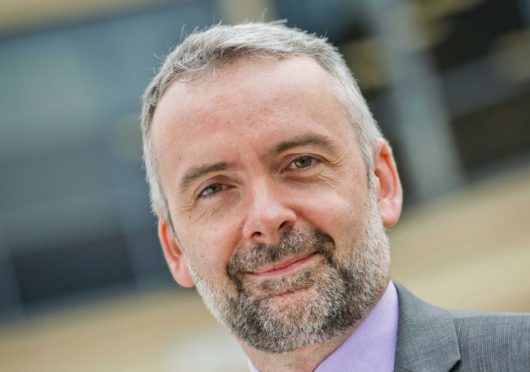A Scottish charity is calling for action after new figures revealed a spike in the number of visually impaired secondary school pupils.
The chief executive of the Royal Blind charity fears these children now have a “huge disadvantage” in their learning and has called for more support to be given by the Scottish Government and local authorities.
Across Scotland the number of pupils with vision impairment is now at its highest level, and their number has more than doubled since 2010.
In Aberdeen there were 21 pupils with vision impairment in 2010 – increasing to 63 in 2018.
>> Keep up to date with the latest news with The P&J newsletter
And in Aberdeenshire there were 44 pupils in 2010 and this has now risen to 104 in last year.
In other northern councils, there were 14 listed in the Western Isles, 89 in Highland, 31 in Moray, six in Orkney and five in Shetland.
Over the same period when there has been an increase in the number of blind and partially sighted pupils there has been a reduction in the number of specialist teachers.
A 2012 study by the Scottish Sensory Centre (SSC) reported there were 88 specialists in 27 councils for 2,019 vision impaired pupils. A second study by the SSC in 2016 found there were a total of 65 QTVIS working in all local authorities for 4,177 pupils.
Responding to the figures, Mark O’Donnell, chief executive of Royal Blind, said: “Up to 80% of our learning is through our use of vision, so it is vitally important that specialist support is provided for pupils with vision impairment who have a huge learning disadvantage in comparison to their fully sighted peers.
“Our concern is that over the same period there has been an increase in the numbers of pupils with vision impairment there has been a reduction in the support available to them in mainstream schools.
“This situation is leading to an attainment gap for pupils with vision impairment. That is why we have launched our vision for equal education campaign, calling for better support in mainstream schools for pupils with vision impairment and a fairer process for securing a place at a special school for pupils who would benefit from it.”
